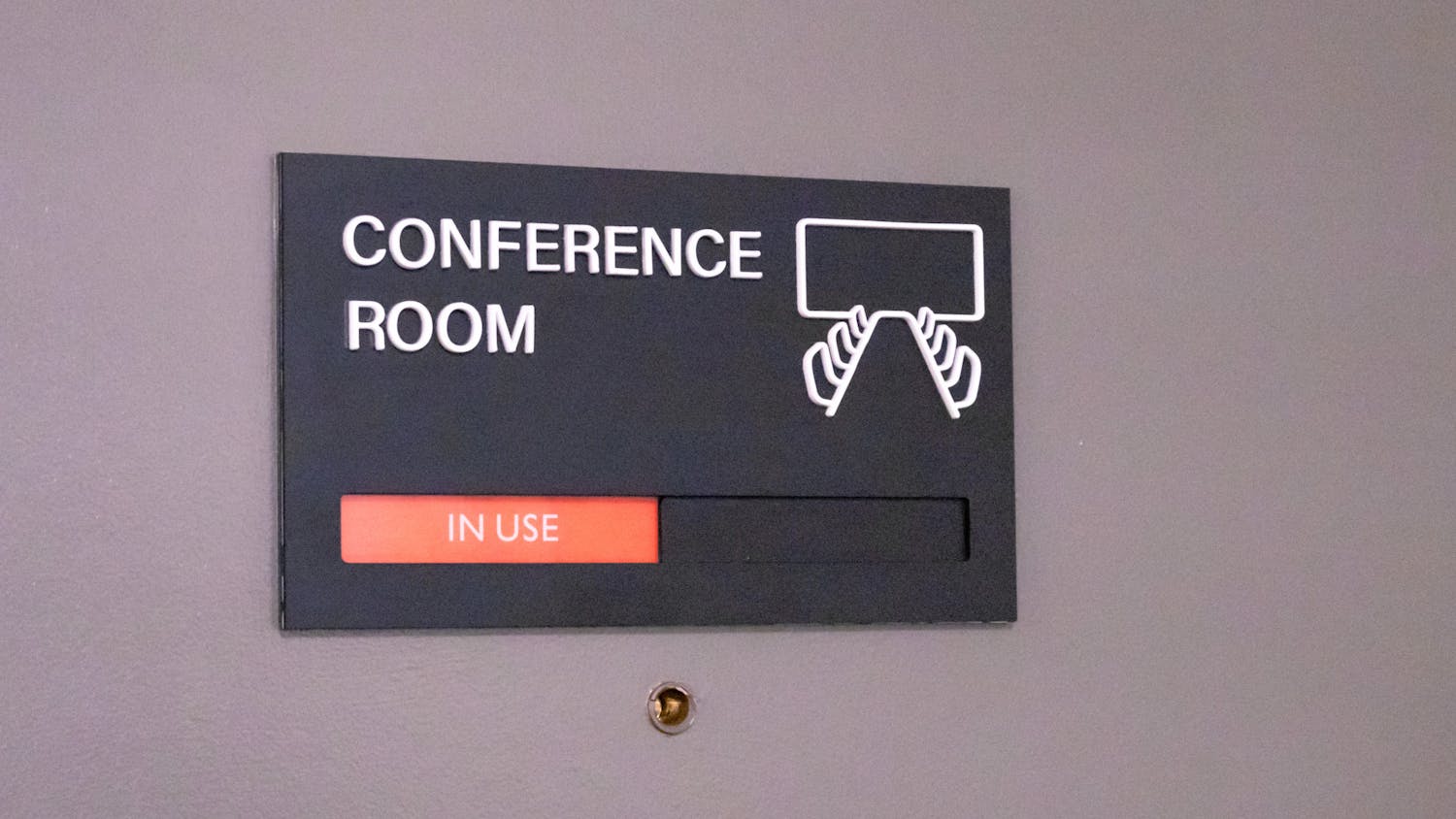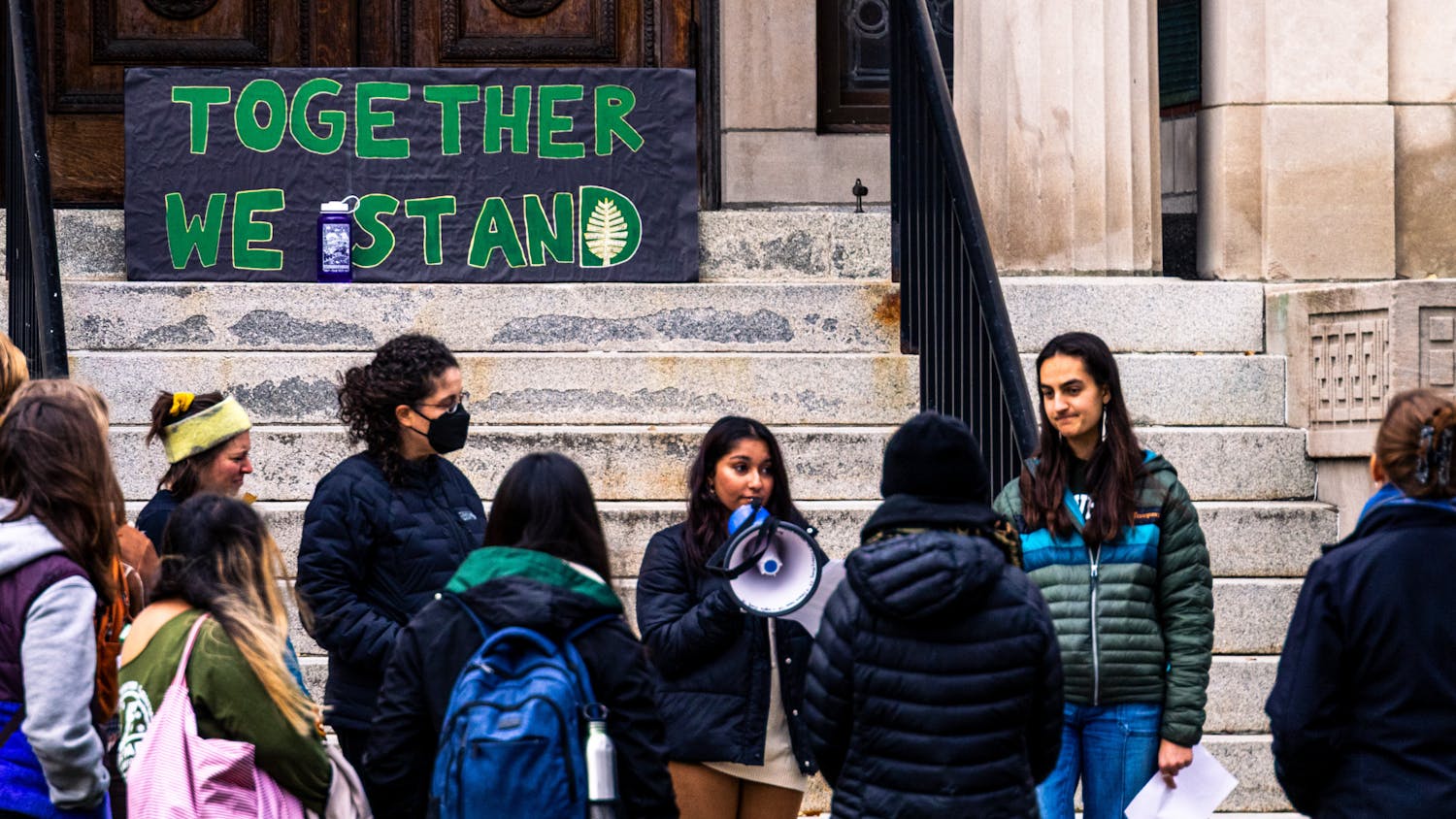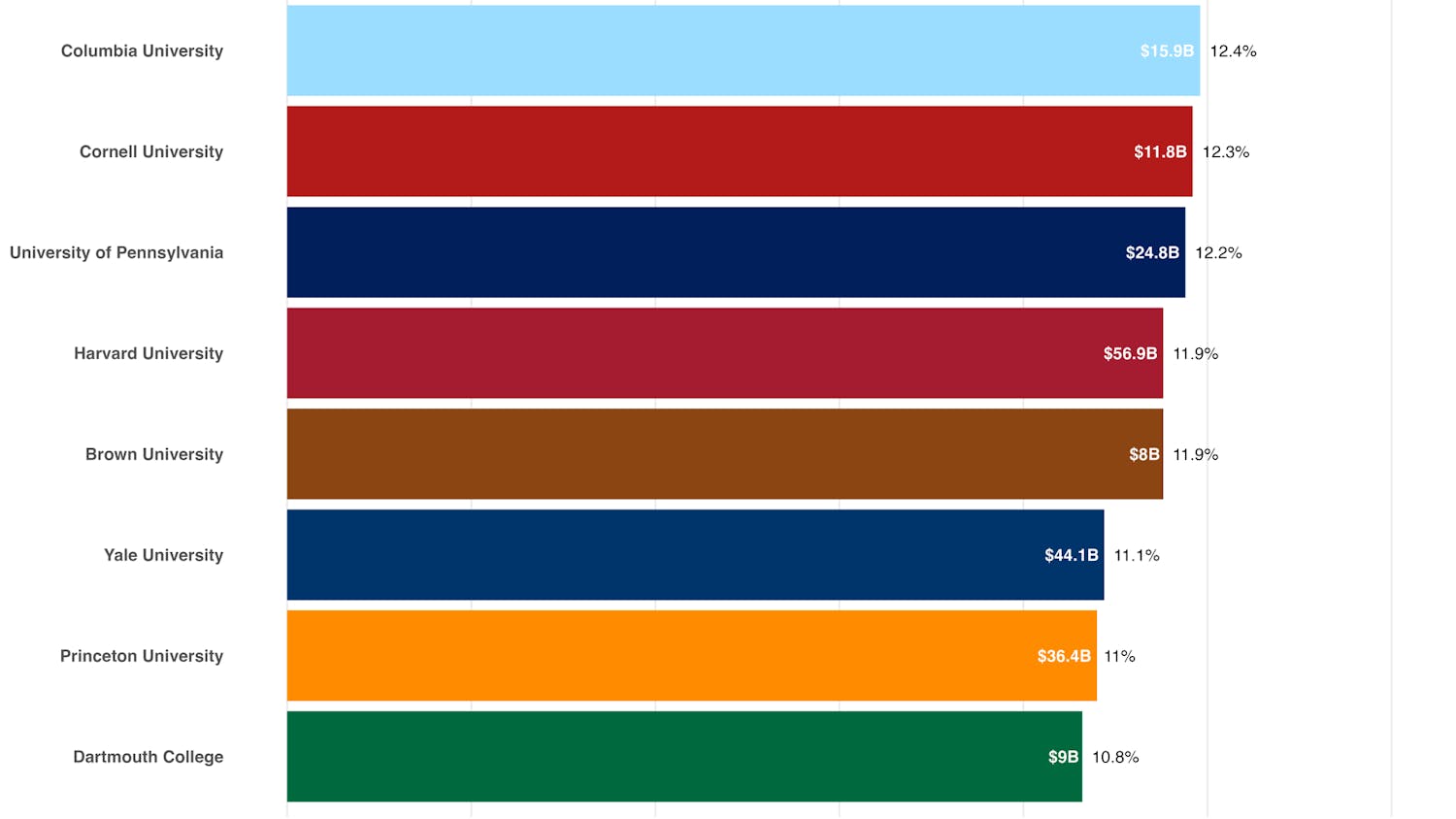Dartmouth Russian department chair Lev Loseff, a world-renowned poet and scholar of Russian literature, died last Wednesday at Dartmouth-Hitchcock Medical Center of multiple illnesses, according to his son Dimitry Loseff. He was 71.
Loseff first joined the Dartmouth faculty in 1979 and had served as chair of the Russian department since 2000.
A lifelong friend of the late Nobel Prize winning Russian poet Joseph Brodsky, Loseff wrote nine volumes of poetry, numerous essays and two books during his life, Russian professor John Kopper said in an interview with The Dartmouth.
"He was a poet who was simultaneously erudite and entertaining," Kopper said.
Although Loseff was not published until his early 40s, he became a renowned author in Russia.
"Within the Russian context, he really had become a widely read figure," College Provost Barry Scherr said. "He's a major poet in Russia."
Loseff "helped make Dartmouth known abroad" through his literary accomplishments, Scherr said.
Loseff also helped attract well-known Russian cultural figures to Dartmouth, including noted ballet dancer Mikhail Baryshnikov, who visited campus in 1997.
"He helped bring in speakers from Russia and people he knew in the literary world," Scherr said. "He helped connect the campus and establish contacts between the department and cultural and literary figures."
Loseff was awarded a Guggenheim fellowship in 2000 for his work on Slavic literature. He edited and annotated a complete edition of Brodsky's poetry that has not yet been published. The Mellon Foundation and the National Endowment for the Humanities also provided grants to Loseff that supported the research and work he completed while at Dartmouth, Scherr said.
Loseff was born in Leningrad, Russia in 1937 and studied journalism at Leningrad State University. Loseff's father, a famous poet in Russia, and his mother, an aspiring writer, were both major influences on him, according to Dimitry Loseff.
After he graduated, Loseff worked for a local newspaper on Sakhalin Island, off of Russian's east coast, his son said, and later became an editor for Bonfire Magazine in Leningrad. Bonfire, also known as "Kostyor," is a children's periodical that features poetry and fairy tales, among other articles.
"I was a little kid when I lived in Russia," Dimitry Loseff said. "But my memory was that our apartment was a big salon. Creative people were always stopping by, staying late into the night, drinking, dancing and talking. That's how I remember my dad, very much bon vivant."
Loseff, his wife Nina and their two children, Dimitry and Marie, immigrated to the United Sates in 1976.
"We immigrated in 1976 all together in the middle of the Cold War," Dimitry Loseff said. "It was a tough time, especially since he was a Jew, and Jews weren't appreciated in Russia. He wasn't getting published, and he wasn't getting good work."
Loseff relocated his family to Michigan and worked for the University of Michigan as a Russian literature professor while simultaneously completing a Ph.D program, Dean of the Faculty Carol Folt said in an e-mail to the faculty. He received his Ph.D in 1981, Folt said.
Loseff began working as a Russian instructor at Dartmouth in 1979 and "quickly rose up the ranks," Folt said in the e-mail. He received tenure in 1987.
Loseff had been on medical leave since Fall 2008 due to his illness.
He had planned to retire this year, his son said. His last day at the College would have been June 30.



